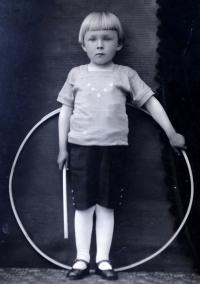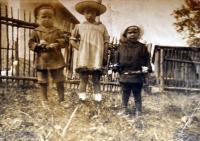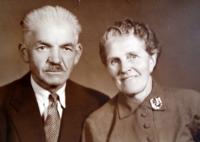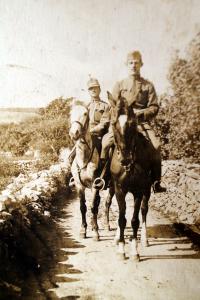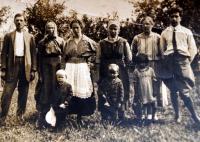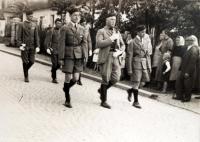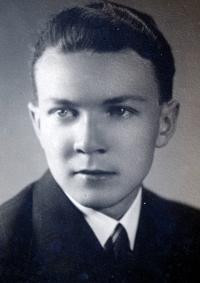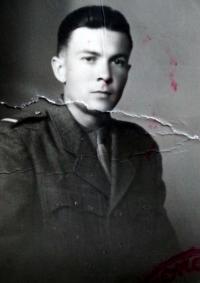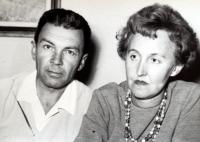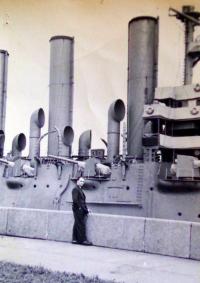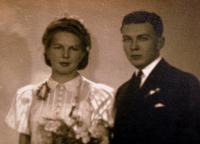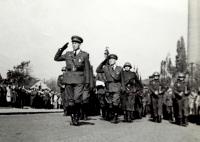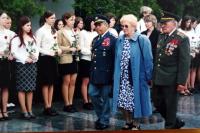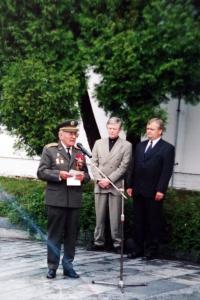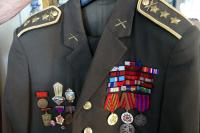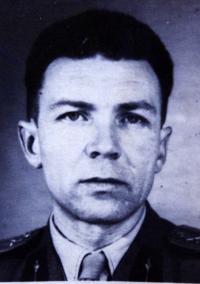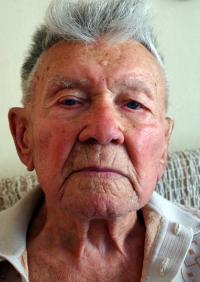You see it, but you don’t sense the pain or fear any more
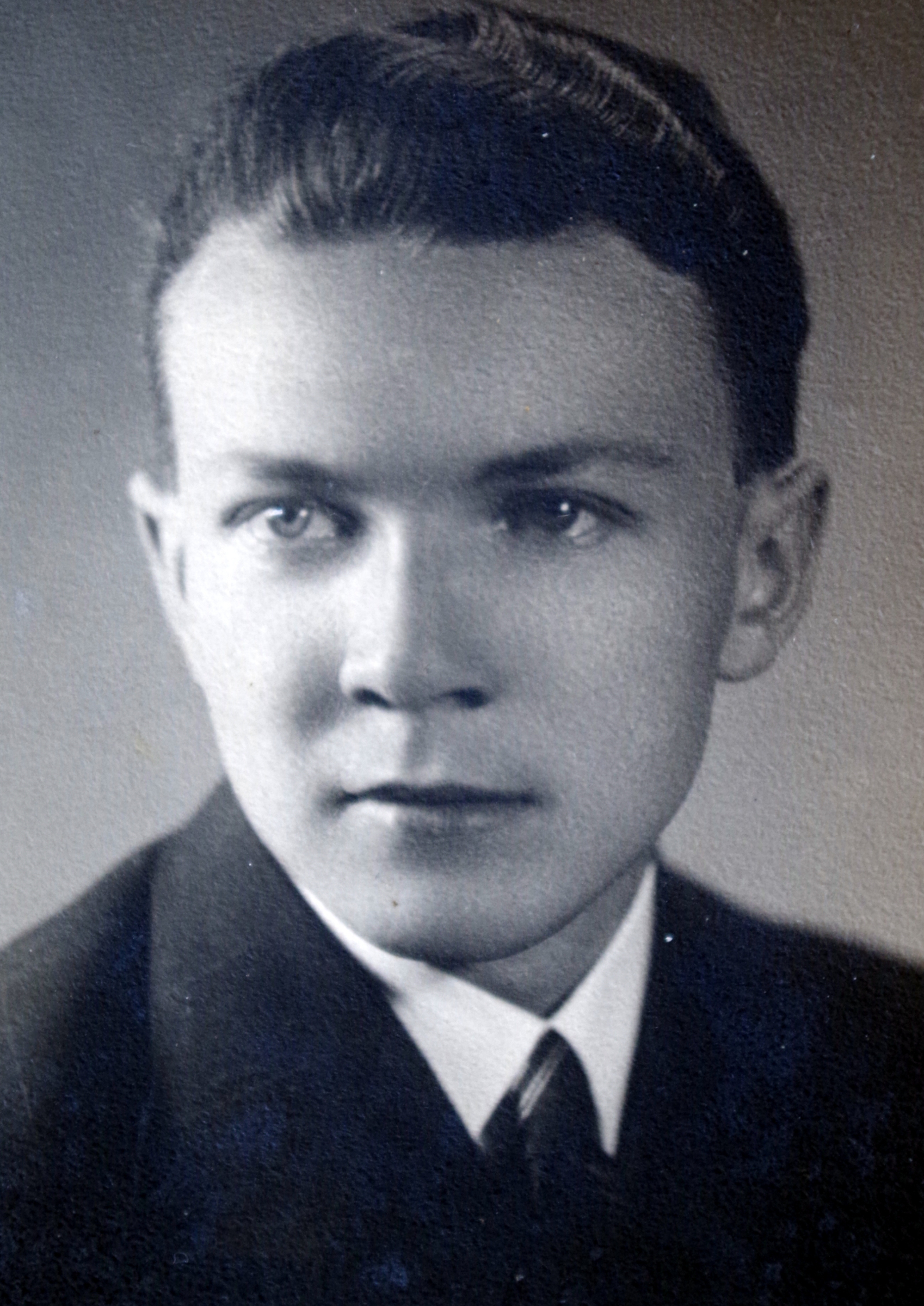
Stáhnout obrázek
Ladislav Janouch was born on 24 May 1920 in Říkov into the family of a railway worker. He grew up in and around the train station in Stupčice (now Střezimíř) near Tábor. In May 1938 he took part in the partial mobilisation of the Czechoslovak army as a student- volunteer. During the occupation he was active in the illegal anti-Nazi resistance in the Tábor area. From 1942 he was assigned to forced labour. He experienced air raids in Prague and helped with rescue work. In May 1945 he participated in the fighting of the Prague Uprising. After the war he completed a two-year course at the Military Academy in Hranice, followed by the University of War and the Military Technical Academy. He commanded an artillery division in Mladá Boleslav and later became chief of the Rocket and Artillery Section of the armies of the Central and later Western Military District. During the Soviet invasion in August 1968 he was one of the contact officer between the Czechoslovak headquarters and the Soviet army. For his resistance efforts during World War II and his active participation in the Prague Uprising, he was accorded the status of war veteran. He lives with his wife in Tábor. Ladislav Janouch died in 2019.
